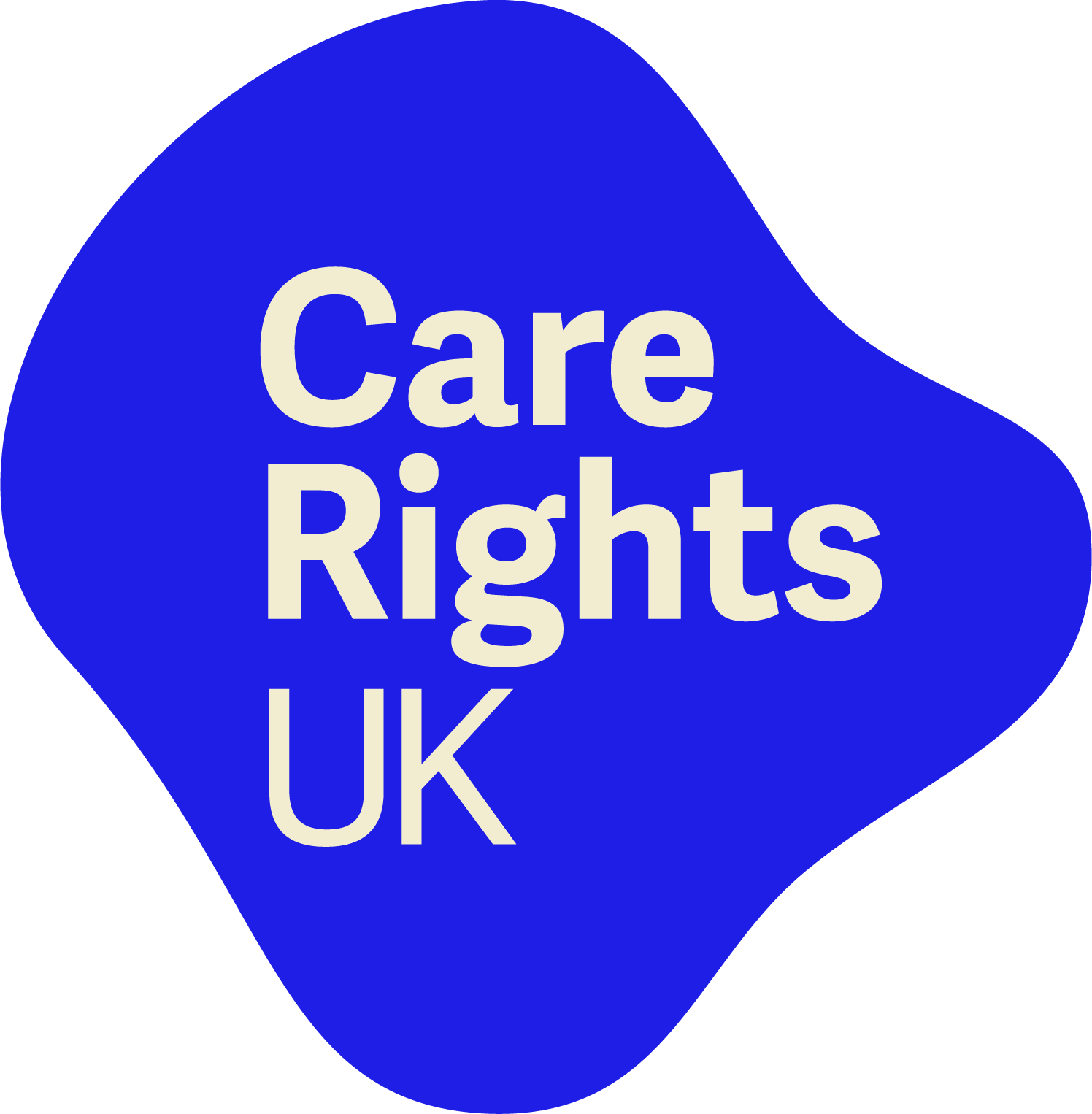R&RA joins the Carer Poverty Coalition
The Relatives and Residents Association is delighted to announce that we have joined the Carer Poverty Coalition, a group of leading charities and organisations working to combat poverty and financial hardship among family carers across the UK.
We know from our work with families and carers that caring for a loved one can be a deeply rewarding experience, but it can also be incredibly challenging, both emotionally and financially. Many carers are forced to give up work or reduce their hours in order to provide care, which can have a significant impact on their income and financial security. Others may struggle to access the support and resources they need to provide the best possible care, leading to stress, anxiety, and other health issues.
At the R&RA, we believe that everyone deserves access to high-quality care and support, regardless of their financial circumstances. We also recognise the vital role that family and friends play in providing this support, and we know that they need support in turn. That’s why we are proud to be part of the Carer Poverty Coalition, working alongside other leading charities and organisations to raise awareness of the challenges faced by carers and to advocate for policy changes that will improve their lives.
As part of our work with the Carer Poverty Coalition, we will be campaigning to:
End poverty amongst carers by advocating for policy change that adequately values, recognises and supports unpaid carers
Reform the benefits system to better support carers financially in the short and long term
Bring in better systems to support carers to continue with paid work
Build awareness of carer poverty and the impact of the cost of living crisis on unpaid carers with Government, parliamentarians, decision makers and the general public
To keep up to date with the campaign, sign up to our mailing list. More information about the coalition is on the Carers UK website.

